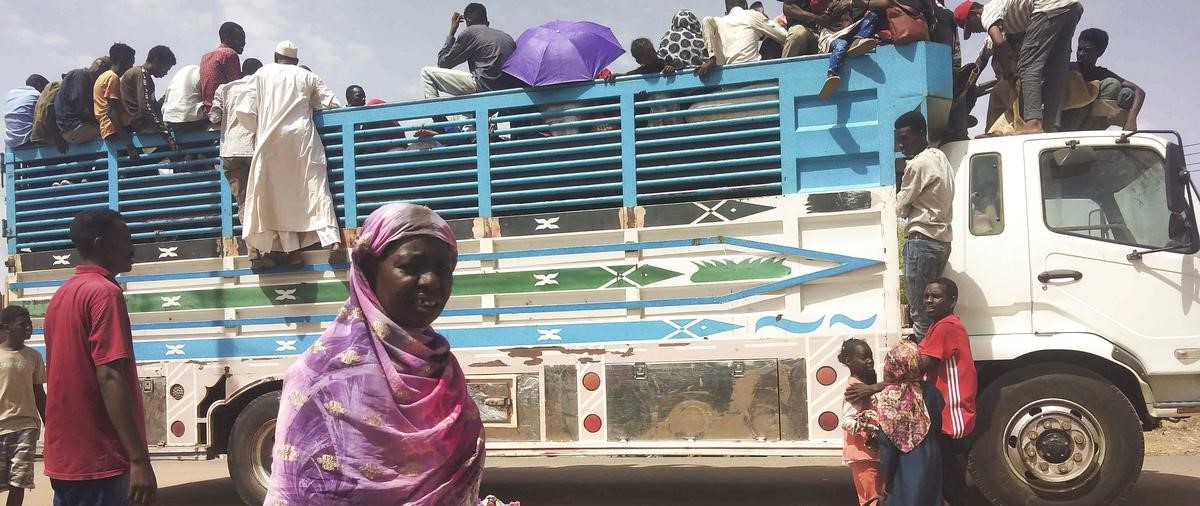(3 Minutes Read)
The revenue loss to the exchequer was over 80 percent, which forced the government to consider the possibility of establishing an alternative capital as the capital city Khartoum suffered the most serious damage
The Sudanese economy contracted by 40% last year mainly due to the continuing armed conflicts in many places of the country. The forecast is that the economy will continue to shrink further by about 28 percent in 2024. This was stated by Sudan’s Finance Minister Gibril Ibrahim at a press briefing. He further said that the conflicts have caused great damage to infrastructure, public facilities, private homes, and property throughout the country.
The revenue loss to the exchequer was over 80 percent, which forced the government to consider the possibility of establishing an alternative capital as the capital city Khartoum suffered the most serious damage. Infrastructure like roads and supply chains have been damaged, which impeded foreign trade and exports. Bilateral trade between Sudan and neighboring countries, such as Libya and Chad has slumped dramatically. The financial system was worst hit which caused a liquidity crunch in banks and triggered systemic risks, the minister added.
A civil war erupted on April 15 last year between two military factions, the Sudanese Army and the Rapid Support Forces, in the capital of Khartoum, bringing a destructive impact on Sudan’s economy, infrastructure, and health system and leaving thousands of people displacement.
Read Also:
https://trendsnafrica.com/un-says-continuing-sudan-war-leads-humanitarian-crisis/
The UN Office for the Coordination of Humanitarian Affairs said about 8.1 million people have fled their homes in Sudan since the outbreak. Of the displaced, about 6.3 million people were within Sudan and another 1.8 million people have fled to neighbouring countries. About 13,900 people have lost their lives in the conflict, according to the UN.





